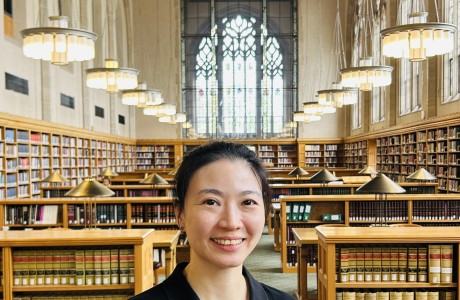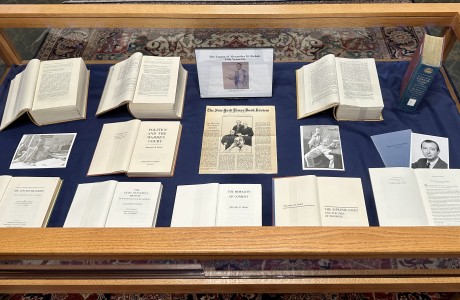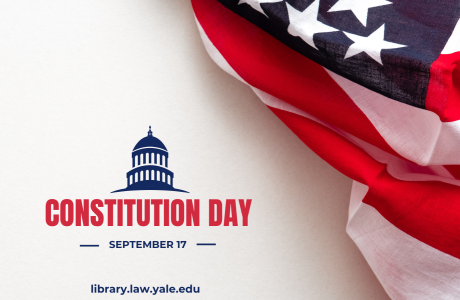Hope for Declining Violence: A Reflection on Steven Pinker’s Recent YLS Talk

Last Thursday, the day before the violence in Newtown, Harvard psychologist Steven Pinker explained why we should take solace in the larger trend of declining violence. Drawing from his most recent book, “Better Angels of Our Nature…,” Dr. Pinker contended that human events ranging from “rights revolutions” to a rise in reason have bolstered security for many, though not all.
His argument is partly validated by data collected by the Institute for Health Metrics and Evaluation and others (and reposted by Chris Blattman). Dr. Pinker’s claim, unfolded in his 800+ page book (check it out), is hopeful, as Princeton bioethicist Peter Singer noted in his NYT review of “Better Angels.” This optimism stems from Dr. Pinker’s belief that empirical evidence can reveal the causes (or correlates) of peacefulness. Specifically, Dr. Pinker contends that during the past 65 years, “literacy, urbanization, mobility, and access to mass media” (p. 690) fostered expansive social movements and a shared humanism. Though shocking violence continues, the statistical reality is that a greater percentage of the world’s people are safer than their great grandparents were. As the faculty and students who attended Dr. Pinker’s talk noted, this trend is valuable only if we can learn from it and preserve it. In that vein, we should ask ourselves…
1. What is causing peace and what is peace causing? One of the thorniest issues in social science research is determining causal (or weaker correlational) relationships. For instance, does literacy cultivate peace or does peace enable the pursuit of literacy (or both)? If we want to generate future peace, we need to replicate the human actions that directly contributed to late 20th century security, rather than those that just happened at the same time. We also need to be aware that changing attitudes and behaviors (i.e., exogenous factors) could invalidate today's prevailing wisdom about security in the future.
2. How do we explain violence in a more-peaceful world? Another challenge of empirical theories is making sense of cases that don’t fit (i.e., outliers). For instance, how do we explain mass shootings in the U.S. or perennial violence in central Africa (e.g., eastern Congo conflicts) at a time when violent deaths were declining (proportionately) throughout the world? Sometimes these examples can be explained by Dr. Pinker’s model (e.g., the perpetrators were less literate, urban, etc.), but other times the social reality is far more complex (see “When victims become killers…”). If most cases fit, then the theory of “Better Angels” holds. But if contrary cases begin to add up, we will have to revisit Dr. Pinker’s security theory.
3. Can the causes of current peace backfire in the future? A final problem with social science models is that they reflect the reality of a given time period. Dr. Pinker’s model, as he noted, assumes current environmental, technological, and social conditions. So, when he describes “access to mass media,” his data does not account for how media might fragment over the next decades. Some have argued that media splintering serves the interests of powerful elites who target and feed self-interested groups (see “Manufacturing consent…”), while others have argued that media fragmentation is nothing new or intrinsically ruinous (see Brooke Gladstone interview).
As the tenor of last week's talk illustrated, these questions are of deep importance to Dr. Pinker and the YLS community. In the wake of the Newtown tragedy, we are reminded of the continuing need to nurture peace and safety through examination, deliberation, and collective action.
Image: Yale Image Collection, untitled


